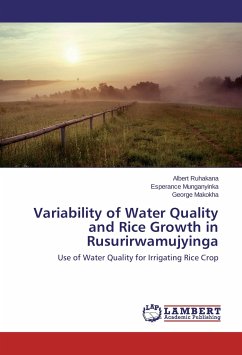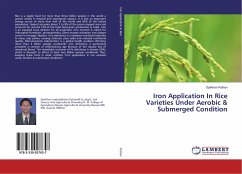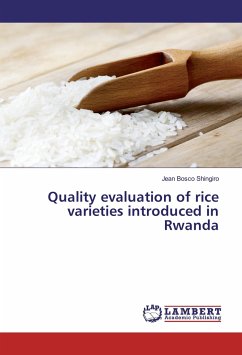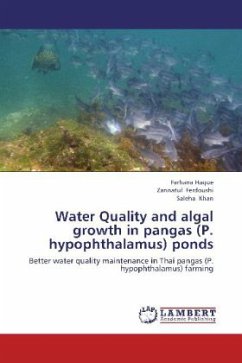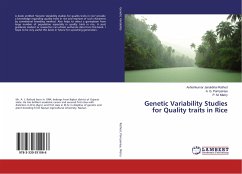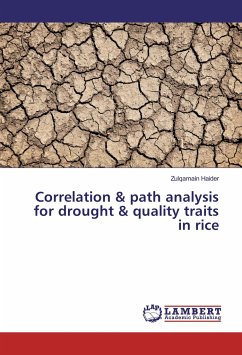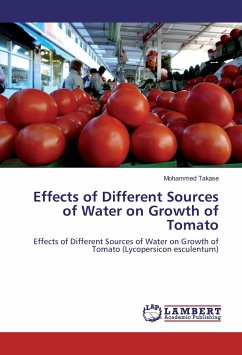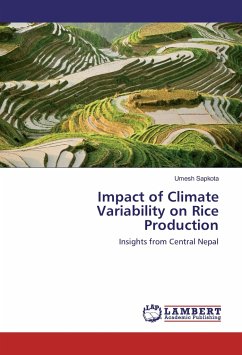The water quality used for irrigation is essential for the yield and quantity of crops, maintenance of soil productivity, and protection of the environment. Irrigation water quality has a profound effect on soil and plant health. A major concern with water used for irrigation is the decreased of the crop yields and land degradation as a result of poor water and soil management which lead to irrigation induced problems, such as salinity and water-logging capacity. Rusurirwamujyinga rice irrigation scheme in Rwanda was subjected to a study of its water quality and its response on growth of rice. The aim of this study was to assess spatial and temporal water quality variability and its response on growth of irrigated rice in Rusurirwamujyinga sub-catchment.
